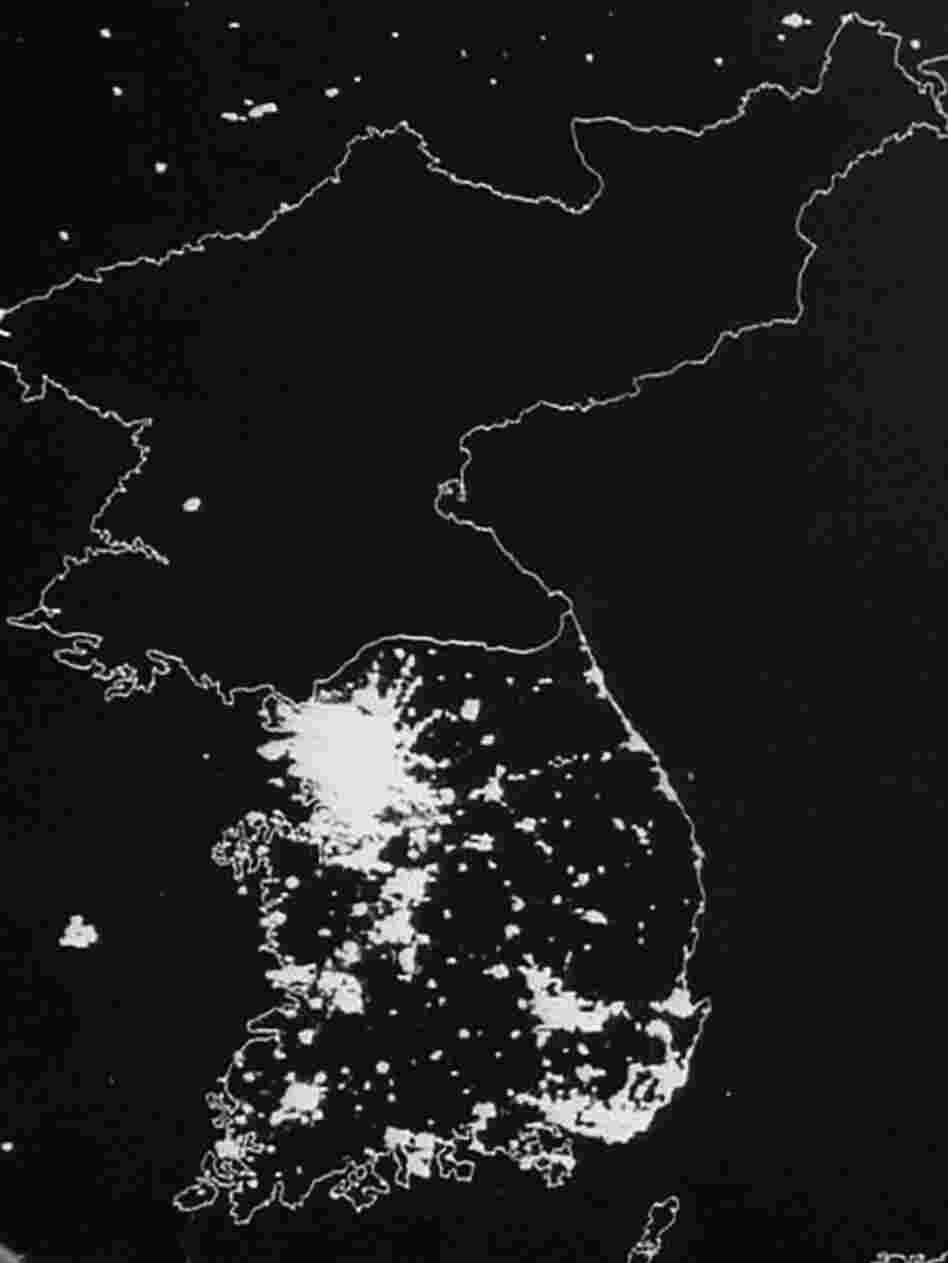....when we're gonna have to 'get dirty' with this crazy fucker!
http://worldnews.nbcnews.com/_news/...to-south-korea-amid-kim-jong-uns-threats?lite
http://worldnews.nbcnews.com/_news/...to-south-korea-amid-kim-jong-uns-threats?lite


 North Korea, one of the world's most centrally directed and least open economies, faces chronic economic problems. Industrial capital stock is nearly beyond repair as a result of years of underinvestment, shortages of spare parts, and poor maintenance. Large-scale military spending draws off resources needed for investment and civilian consumption. Industrial and power output have stagnated for years at a fraction of pre-1990 levels. Frequent weather-related crop failures aggravated chronic food shortages caused by on-going systemic problems, including a lack of arable land, collective farming practices, poor soil quality, insufficient fertilization, and persistent shortages of tractors and fuel. Large-scale international food aid deliveries have allowed the people of North Korea to escape widespread starvation since famine threatened in 1995, but the population continues to suffer from prolonged malnutrition and poor living conditions. Since 2002, the government has allowed private "farmers' markets" to begin selling a wider range of goods. It also permitted some private farming - on an experimental basis - in an effort to boost agricultural output. In December 2009, North Korea carried out a redenomination of its currency, capping the amount of North Korean won that could be exchanged for the new notes, and limiting the exchange to a one-week window. A concurrent crackdown on markets and foreign currency use yielded severe shortages and inflation, forcing Pyongyang to ease the restrictions by February 2010. In response to the sinking of the South Korean destroyer Cheonan and the shelling of Yeonpyeong Island, South Korea's government cut off most aid, trade, and bilateral cooperation activities, with the exception of operations at the Kaesong Industrial Complex. In 2012, KIM Jong Un's first year of leadership, the North displayed increased focus on the economy by renewing its commitment to special economic zones with China, negotiating a new payment structure to settle its $11 billion Soviet-era debt to Russia, and purportedly proposing new agricultural and industrial policies to boost domestic production. The North Korean government often highlights its goal of becoming a "strong and prosperous" nation and attracting foreign investment, a key factor for improving the overall standard of living. Nevertheless, firm political control remains the government's overriding concern, which likely will inhibit fundamental reforms of North Korea's current economic system.
North Korea, one of the world's most centrally directed and least open economies, faces chronic economic problems. Industrial capital stock is nearly beyond repair as a result of years of underinvestment, shortages of spare parts, and poor maintenance. Large-scale military spending draws off resources needed for investment and civilian consumption. Industrial and power output have stagnated for years at a fraction of pre-1990 levels. Frequent weather-related crop failures aggravated chronic food shortages caused by on-going systemic problems, including a lack of arable land, collective farming practices, poor soil quality, insufficient fertilization, and persistent shortages of tractors and fuel. Large-scale international food aid deliveries have allowed the people of North Korea to escape widespread starvation since famine threatened in 1995, but the population continues to suffer from prolonged malnutrition and poor living conditions. Since 2002, the government has allowed private "farmers' markets" to begin selling a wider range of goods. It also permitted some private farming - on an experimental basis - in an effort to boost agricultural output. In December 2009, North Korea carried out a redenomination of its currency, capping the amount of North Korean won that could be exchanged for the new notes, and limiting the exchange to a one-week window. A concurrent crackdown on markets and foreign currency use yielded severe shortages and inflation, forcing Pyongyang to ease the restrictions by February 2010. In response to the sinking of the South Korean destroyer Cheonan and the shelling of Yeonpyeong Island, South Korea's government cut off most aid, trade, and bilateral cooperation activities, with the exception of operations at the Kaesong Industrial Complex. In 2012, KIM Jong Un's first year of leadership, the North displayed increased focus on the economy by renewing its commitment to special economic zones with China, negotiating a new payment structure to settle its $11 billion Soviet-era debt to Russia, and purportedly proposing new agricultural and industrial policies to boost domestic production. The North Korean government often highlights its goal of becoming a "strong and prosperous" nation and attracting foreign investment, a key factor for improving the overall standard of living. Nevertheless, firm political control remains the government's overriding concern, which likely will inhibit fundamental reforms of North Korea's current economic system.Enter your email address to join: